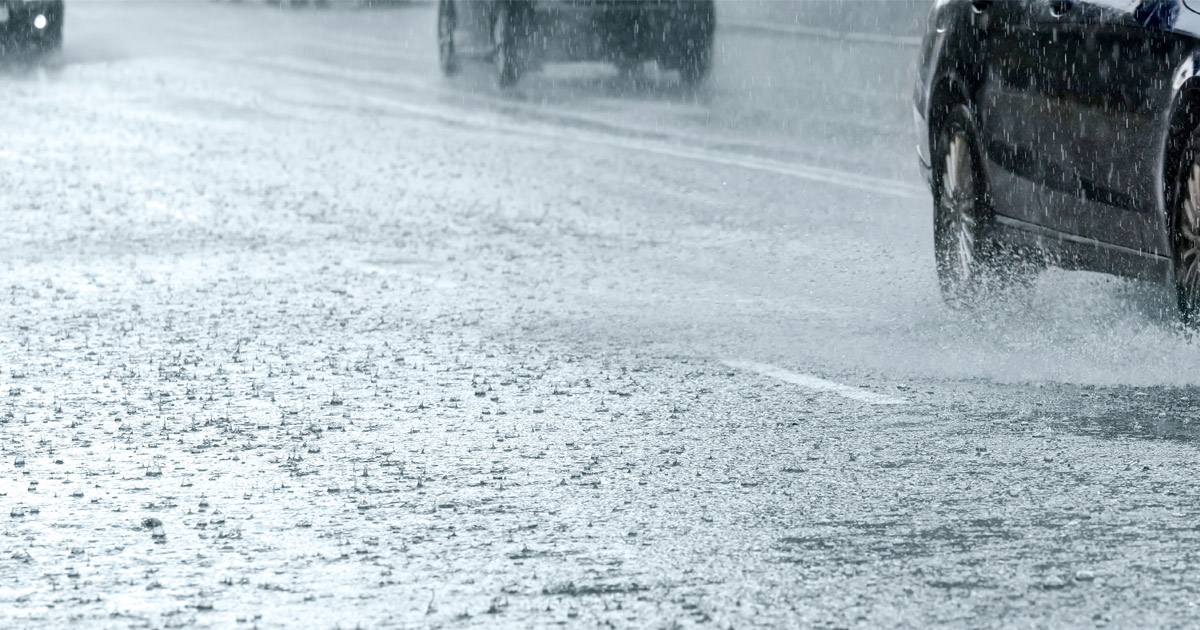Every season brings different road hazards. In the summer, torrential rainfall often leads to flooded roadways and standing water. Driving through flood waters is especially dangerous. The CDC warns that more than half of flood-related deaths happen when someone attempts to drive through flood waters.
The best way to drive safely through flood waters is to avoid doing so entirely. About an inch or so of standing water can cause your tires to lose traction. Six or more inches of water can flood your exhaust, immobilizing your car. If you approach a roadway and it is visibly flooded, the safest thing you can do is to find another route around.
However, heavy rainfall can cause a flash flood, quickly developing and catching even the most experienced driver off-guard. If you have no other choice and you must drive through the waters, here are some safety tips to keep in mind:
- Drive down the center: The center of the road is the safest part of a flooded surface as it is the shallowest or likely the highest point. The sides of the road may be more profound and could deteriorate quicker.
- Slow down: You want to enter the water at around a few miles per hour. You do not want to enter too fast, as it may cause a wave that could reach your engine and hydro-lock it, likely totaling your vehicle. Do not stop either; stopping in the water can cause displaced water to retract back to your car and flood your exhaust, immobilizing your vehicle.
- Take turns: If you are following another car, create a lane behind them, as the leading car can help move water out of the way. If there are other cars in the water, especially if there is one oncoming, wait until they are through before entering. Never pass anyone when cars are attempting to drive through water.
- Check your car: If you have to drive through water, immediately tap your brakes to dry them out. Listen to your engine if you hear abnormal noises or if the vehicle is not operating as it was. If you do, shutting off your engine and towing your vehicle to a mechanic is best.
Rainfall alone can lead to many dangers, and driving through flood water could cost your entire vehicle and your life. Even a large puddle may cause a driver to lose control and cause an accident.
If your car becomes damaged from flood waters, having a certified mechanic inspect your vehicle before trying to drive again is best. Water can damage the vehicle’s intake, exhaust, electronics, and engine, all of which could lead to totaling your vehicle.
Monmouth County Car Accident Lawyers at Mikita & Roccanova Help Clients Injured in Weather-Related Collisions
Rain can cause drivers to behave recklessly, especially when roadways flood. This behavior is negligent and can put others in harm’s way. If you have been injured in a weather-related accident, speak with our Monmouth County car accident lawyers at Mikita & Roccanova. Call 732-705-3363 or complete our online form for a free consultation. Located in Hazlet and Highland Park, New Jersey, we serve clients in Ocean County, Sussex County, Neptune, Middlesex County, and Pennsylvania.


